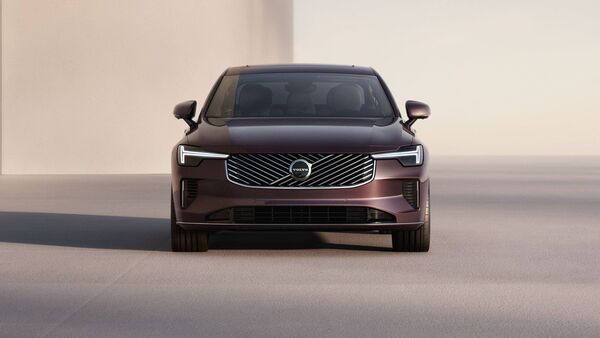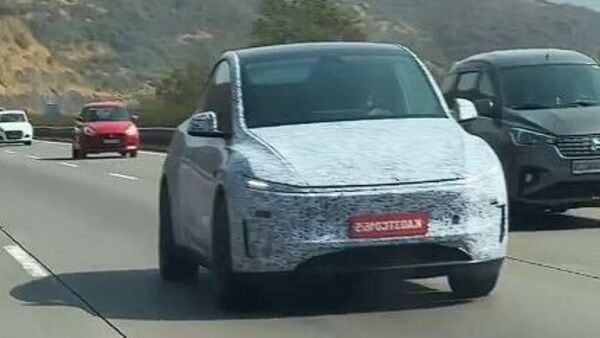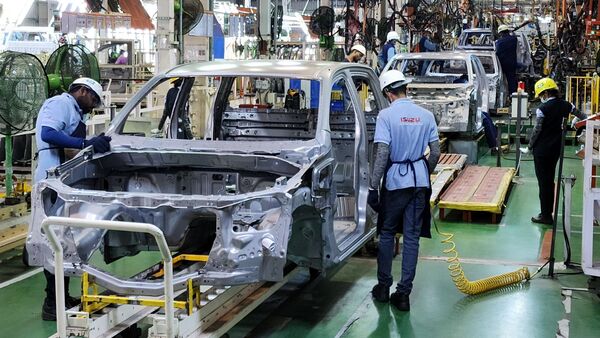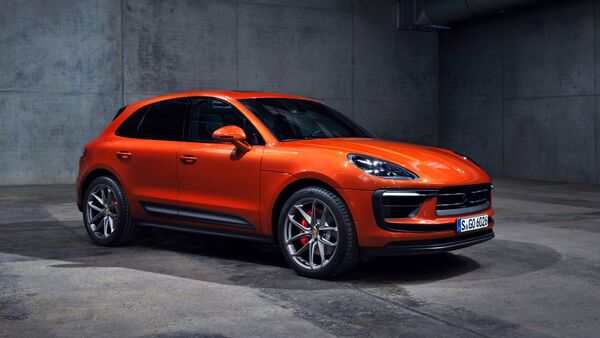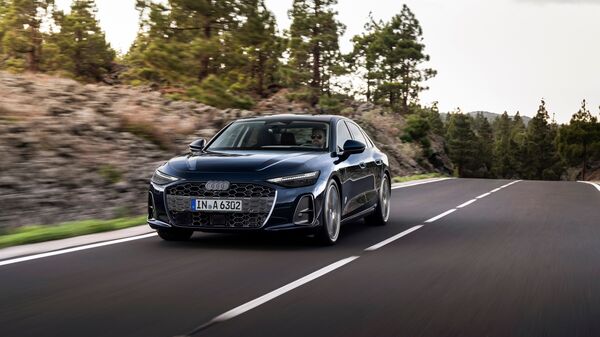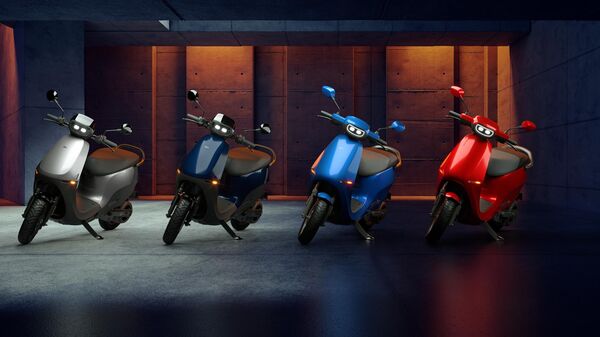
Delhi EV Policy 2.0: Women to Get Up to ₹36,000 Subsidy on E-Two-Wheelers — But There’s a Catch
5 days ago | 5 Views
The Delhi government is in the process of finalizing the Delhi EV Policy 2.0, which is anticipated to be implemented shortly. This new policy will supersede the existing Delhi EV Policy, recognized as the most extensive electric vehicle initiative in the nation. The Delhi EV Policy 2.0 aims to achieve a 95 percent adoption rate of electric vehicles by 2027 and to generate 20,000 jobs in the electric mobility sector. Additionally, the government plans to provide subsidies of up to ₹36,000 to women purchasing electric two-wheelers under this policy.
According to a report by the news agency PTI, the draft of the Delhi EV Policy 2.0 includes a provision to extend this subsidy to the first 10,000 women who buy electric two-wheelers and possess a valid driving license. This initiative is designed to promote greater female involvement in the transition to electric vehicles within the mobility sector. The draft policy suggests that eligible women in Delhi will receive a purchase incentive of ₹12,000 per kilowatt-hour (kWh), capped at ₹36,000 for electric two-wheelers.
Delhi EV Policy 2.0 aims to boost electric vehicle adoption
The proposal is presently under review by the Delhi government and is anticipated to receive approval shortly. The Delhi EV Policy 2.0 aims to support the Indian government's PM E-Drive initiative, with the goal of accelerating the adoption of electric vehicles throughout the national capital. This forthcoming policy will be effective until March 31, 2030. The draft proposal includes a range of incentives that target not only electric two-wheelers but also electric three-wheelers and commercial vehicles.
To promote the uptake of electric two-wheelers in Delhi, the draft proposal offers a purchase incentive of ₹10,000 per kilowatt-hour (kWh), with a maximum limit of ₹30,000 per vehicle. Furthermore, registered owners who dispose of their fossil fuel-powered two-wheelers will qualify for an additional incentive of ₹10,000, provided the scrapped vehicle is no more than 12 years old.
For electric auto-rickshaws in the L5M category, which are set to replace current CNG-powered models, the Delhi EV Policy 2.0 is expected to provide a purchase incentive of ₹10,000 per kWh, capped at ₹45,000. Additionally, a scrapping incentive of ₹20,000 is likely to be available for those who dispose of old internal combustion engine (ICE) auto-rickshaws that are also under 12 years old. The new policy may require that all CNG auto-rickshaws reaching 10 years of registration during the policy's duration be replaced with electric models. In such instances, a replacement incentive of ₹100,000 per vehicle is anticipated. However, beneficiaries who take advantage of this incentive will not be eligible for any other schemes under the policy.
The government may introduce incentives for electric vehicles used in commercial goods transportation, specifically targeting both three-wheeler and four-wheeler models. Electric three-wheeler goods carriers (L5N) will qualify for incentives amounting to ₹10,000 per kWh, with a maximum limit of ₹45,000. In contrast, electric four-wheeler goods carriers (N1 category) will be eligible for incentives of up to ₹75,000. These incentives will be accessible to both individual and business applicants and will be applicable for the initial three years of the policy. Additionally, the maximum ex-showroom price for vehicles to qualify for these incentives is capped at ₹4.5 lakh for L5N and ₹12.5 lakh for N1 category vehicles.
The forthcoming draft of the electric vehicle (EV) policy 2.0, expected to be announced shortly by the Delhi government, suggests the gradual elimination of CNG-powered autorickshaws. According to this draft, no new registrations for CNG autorickshaws will be permitted after August 15, 2025. Furthermore, CNG auto permits will not be renewed starting August 15 of this year, and all existing permits will be replaced or reissued exclusively as e-auto permits. All CNG autorickshaws older than ten years will be required to be replaced or retrofitted to operate on battery power during the policy's duration.
The draft policy also advocates for the discontinuation of fossil fuel-powered vehicles used for solid waste management, which are extensively utilized by municipal authorities, as well as city buses.
In a decisive recommendation, the draft policy states that two-wheelers powered by petrol, diesel, and CNG will be prohibited from August 15, 2026. Similarly, it advises that no registrations for diesel, petrol, or CNG three-wheelers will be permitted for goods carriers starting August 15, 2025.
Get the latest Bollywood entertainment news, trending celebrity news, latest celebrity news, new movie reviews, latest entertainment news, latest Bollywood news, and Bollywood celebrity fashion & style updates!
HOW DID YOU LIKE THIS ARTICLE? CHOOSE YOUR EMOTICON!
#

